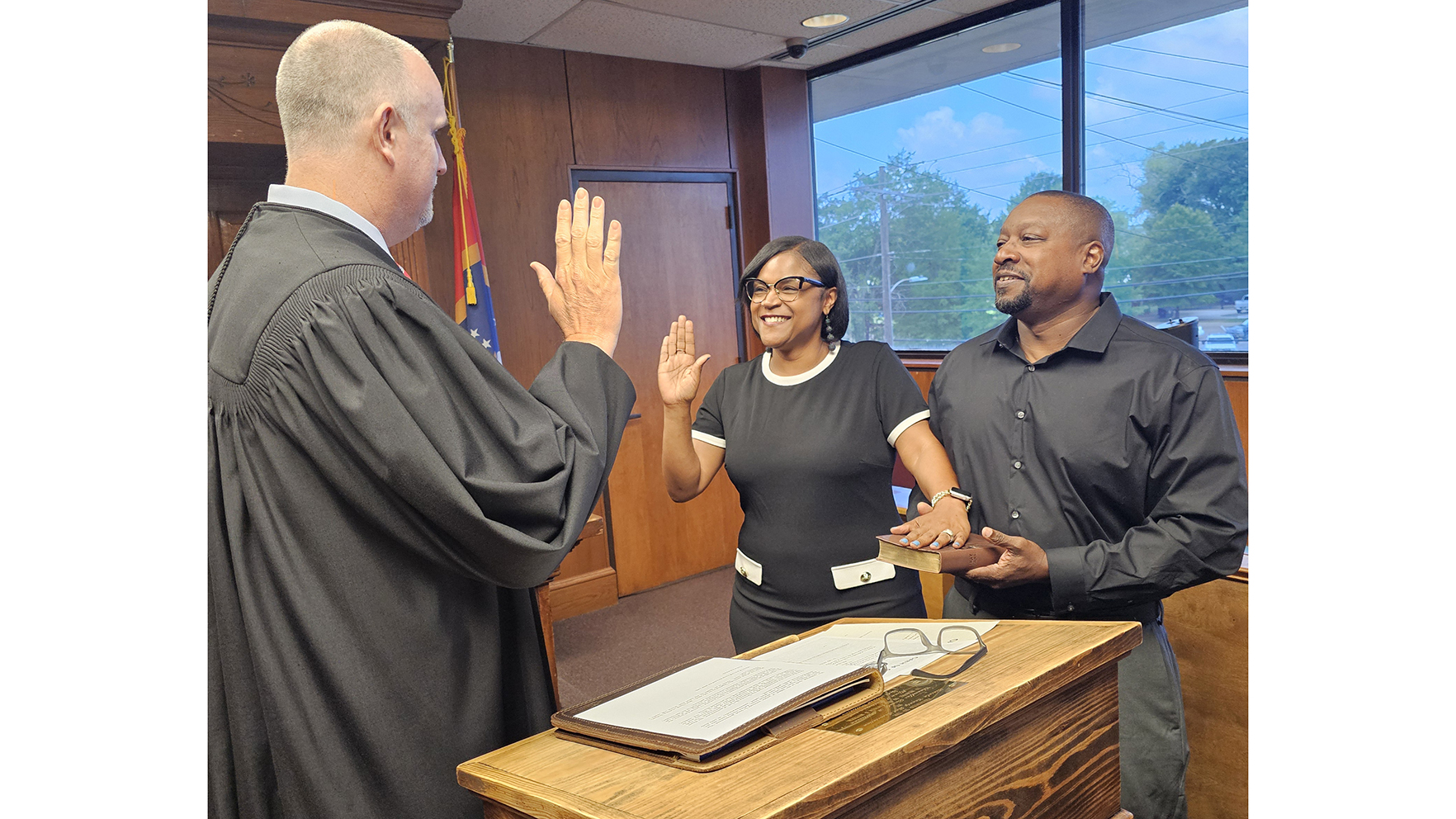Alcohol doesn’t have to lace holiday fun
Published 6:00 am Friday, March 14, 2003
On Monday, March 17, we observe St. Patrick’s Day. I say”observe,” because not all of us celebrate the holiday quite asvigorously as others.
It’s interesting how some things begin as one thing and beforemuch time has passed, it’s turned into something else with acompletely different meaning. Sometimes even religious connotationsget lost in revelry. St. Patrick’s Day is one such holiday.
If you watch or read the national news on St. Patrick’s Day,you’ll see coverage of pubs and bars all over the country filled tothe brim with revelers drinking green beer. Even nearby Jacksoncelebrates spring with a St. Paddy’s Day parade, though it mostlyseems to be about showcasing the Sweet Potato Queens’ newoutfits.
So, you ask, “Where did all this originate?”
St. Patrick was born in Britain. His father was a wealthyalderman and a Christian. Pirates captured Patrick at the age of 16during a raid and sold him as a slave in Ireland. During this time,Patrick dedicated himself to religion. He was a slave for six yearsbefore he escaped back to his home of Britain.
Patrick’s experiences in Ireland made him driven by the idea ofconverting the Irish to Christianity. It’s how he dedicated therest of his life.
Many stories about Patrick are based only on legend. One of thebest-known tales tells how he charmed the snakes of Ireland intothe sea so they were drowned. (Many say that this was symbolic ofhis clearing the land of the pagan Druids.) According to anotherlegend, Patrick used a three-leaf shamrock to illustrate the ideaof the Trinity. It is believed that the shamrock came to be thetraditional symbol of Ireland as a result of this legend. Today,Irish Catholics throughout the world celebrate Saint Patrick’s Dayon his feast day, March 17.
So, if St. Patrick’s Day is celebrated as a religious holiday inIreland, and everything Irish came from Ireland, where did all thisdrunken revelry come from?
For some it’s a never-ending search for reasons to “celebrate.”By the time the New Year’s hangover has worn off, it’s almost timefor Mardi Gras. If you’ll notice, the whole year is peppered withholidays which seem to be, for some, permission for getting drunk.What is the first image that comes into your head when you think ofNew Year’s Eve, Mardi Gras, St. Patrick’s Day or July 4? Peopleoverindulging in alcohol.
Not only holidays, but other things, too, like concerts, can beruined for others because of this. I’ve only been to one concertwhere I didn’t get beer spilled down my back by some sloppy,celebratory drunk person.
Wouldn’t it be nice if people would stick to the originalconcept and celebrate the goodness . . . soberly?
Write to Sarah Holcombe at P.O. Box 551, Brookhaven, Miss.39602.




